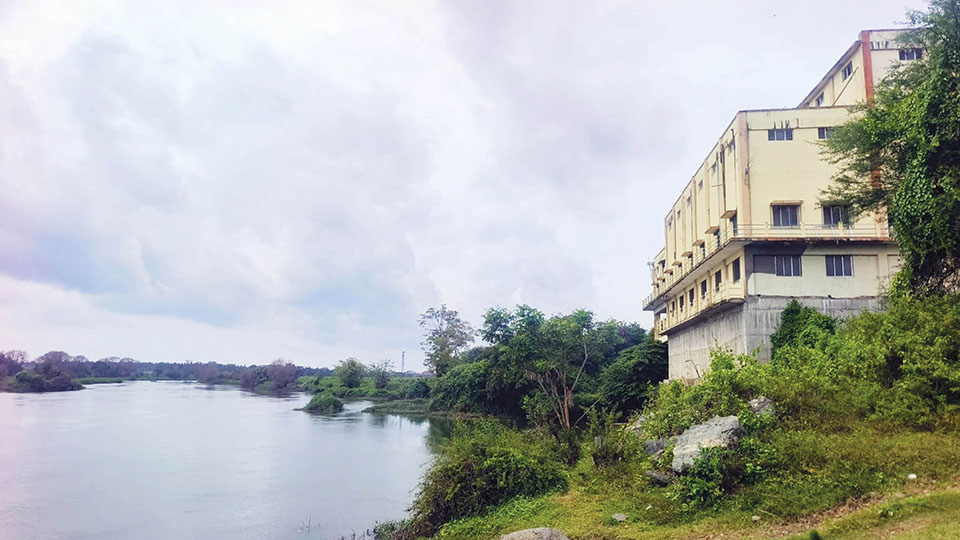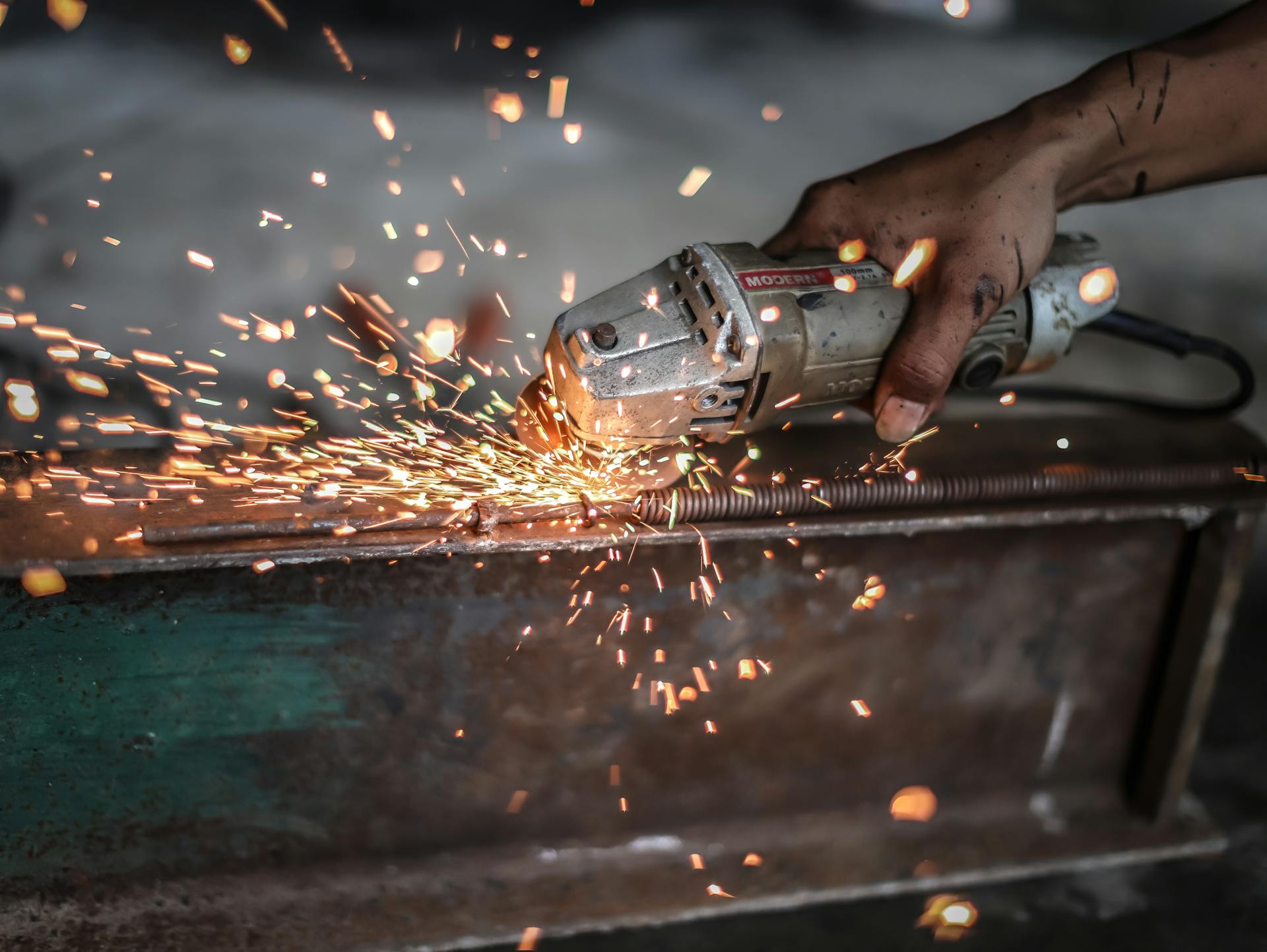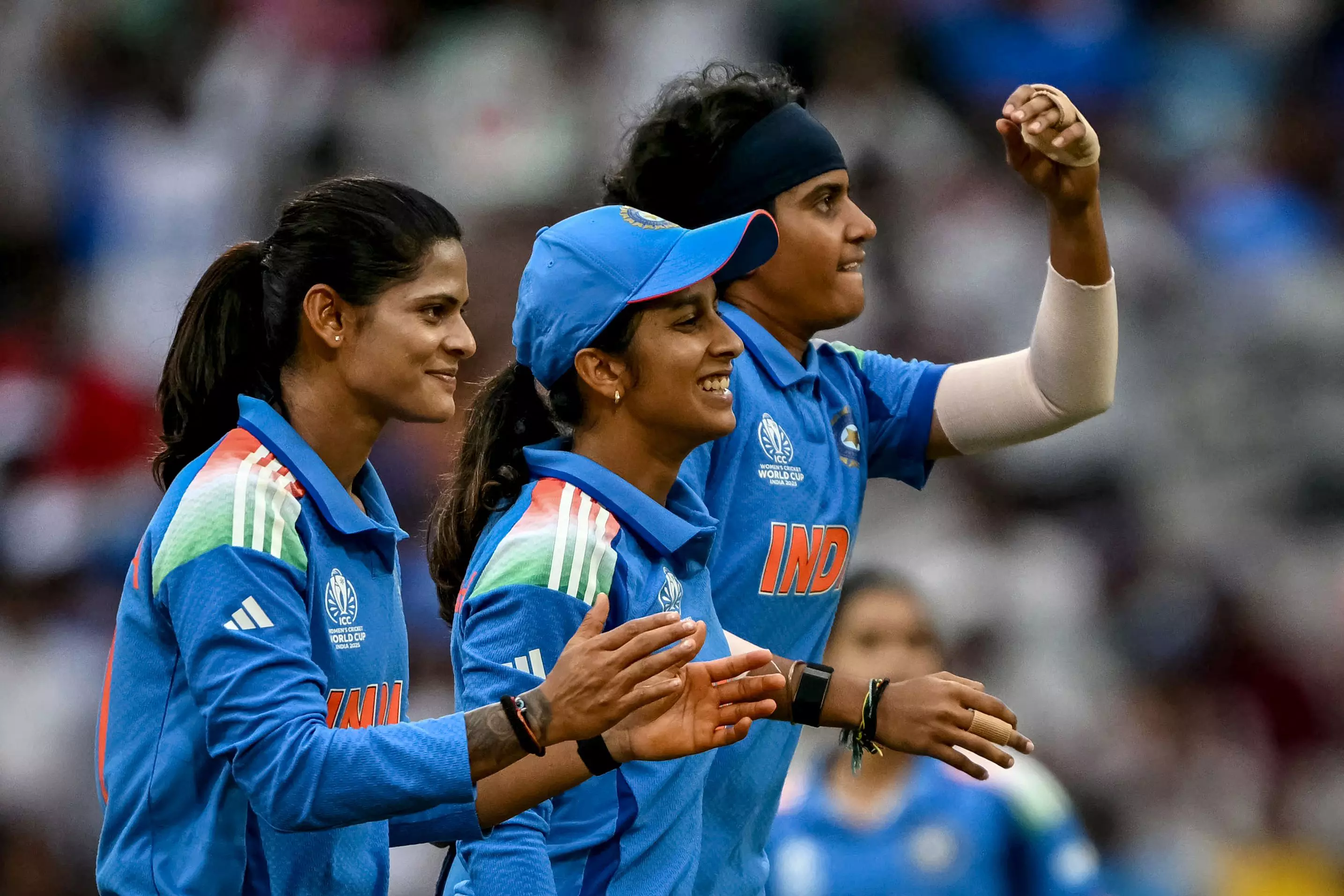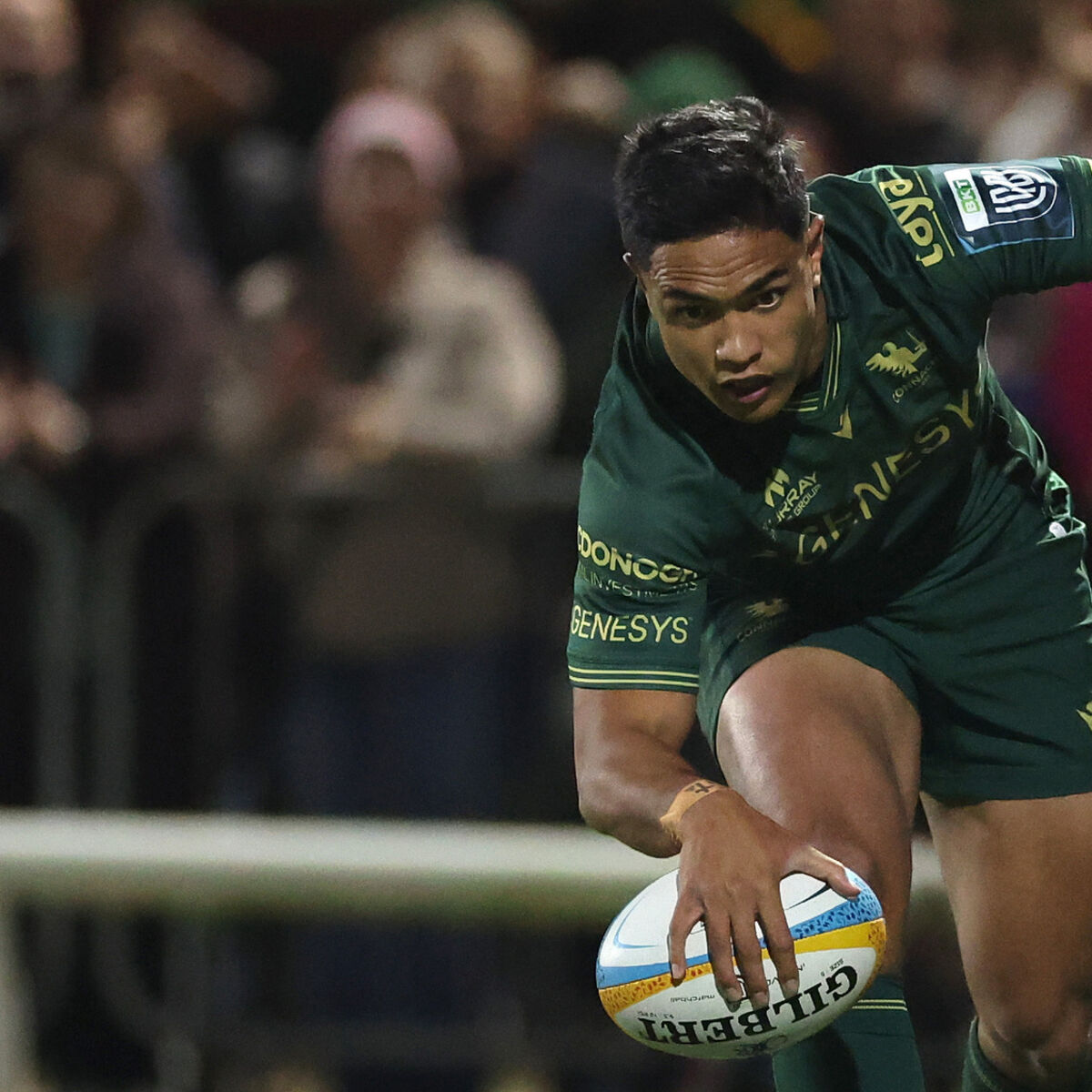Copyright starofmysore

Mysuru, Oct. 29 – Residents of the South-eastern and South-western residential areas of Mysuru will soon be free from drinking water shortages, with the completion of a major infrastructure project aimed at ensuring an uninterrupted water supply to the city’s Southern localities and surrounding villages. The Kabini Drinking Water Project, launched in 2008 under the Jawaharlal Nehru National Urban Renewal Mission (JnNURM), was executed by the Karnataka Urban Water Supply & Drainage Board (KUWS&DB) in collaboration with the MCC and the Mysuru Urban Development Authority (MUDA) — now known as the Mysuru Development Authority (MDA). With the project now complete, CM Siddaramaiah is set to inaugurate it soon. The initiative will provide an additional 110 million litres per day (MLD) of treated water, supplementing the existing 300 MLD currently supplied to Mysuru city. Mysuru, one of Karnataka’s fastest-growing cities after Bengaluru, has seen its population rise from 9.2 lakh in 2011 to over 13 lakh today. According to Chamundeshwari MLA G.T. Devegowda, the Kabini project was conceived with this expansion in mind. Newly developed areas such as Srirampura, Bogadi, Kadakola Town Panchayat and Hootagalli City Municipal Council now house nearly 1.45 lakh residents. MUDA has created 50,057 residential sites, while another 53,163 sites have been approved in private layouts — together accommodating about 4.95 lakh people. “The Kabini project’s main goal is to eliminate water scarcity in these rapidly developing areas,” MLA Devegowda said. Three-phase expansion Currently, Mysuru receives 300 MLD of water from Belagola, Hongalli, Melapura and Kabini sources. However, persistent shortages in Southern localities led to a three-phase project to draw additional water from the Kabini River at a total cost of Rs. 108 crore. Under this scheme, water treatment plants with a combined capacity of 184 MLD have been installed. The total expenditure on the second phase alone stands at Rs. 33 crore, sourced from multiple avenues — Rs. 3.52 crore from the 13th Finance Commission, Rs. 5.38 crore from the 14th, Rs. 7.56 crore from the 15th, Rs. 1.32 crore from MCC’s own funds and Rs. 14 crore from MUDA. With the completion of the second phase, pumping capacity has increased from 60 MLD to 110 MLD, while the purification plant capacity has doubled from 60 MLD to 120 MLD. Once all three phases are completed, the Kabini project will handle 184 MLD, raising Mysuru’s overall water supply capacity to 360 MLD. Beneficiary areas The project will benefit 23 localities under MCC limits — including Srirampura, J.P. Nagar, Kuvempunagar, Saraswathipuram, Ashokapuram, Sharadadevinagar, T.K. Layout, Ramakrishnanagar and Dattagalli, all within the Krishnaraja Assembly Constituency. Additionally, 8 adjoining private layouts — such as Ramabai Nagar, Mahadevapura, University Layout and Lingambudipalya — will receive water, along with other neighbourhoods like R.T. Nagar, Somanatha Layout, Bogadi, Roopanagar, BEML Layout, Judicial Layout, Ravishankar Layout and Vijayanagar 4th Stage. Infrastructure upgrades Supporting the system are major power and pumping enhancements. An 11 kV underground express cable has been laid from the remote substation to the Kembal pumping station. New high-capacity pumps — 2×2500 HP at Kembal and 2×1750 HP at the Pinjrapole Intermediate Booster Pumping Station (IBPS) — have been installed to ensure reliable delivery and meet future demand.



